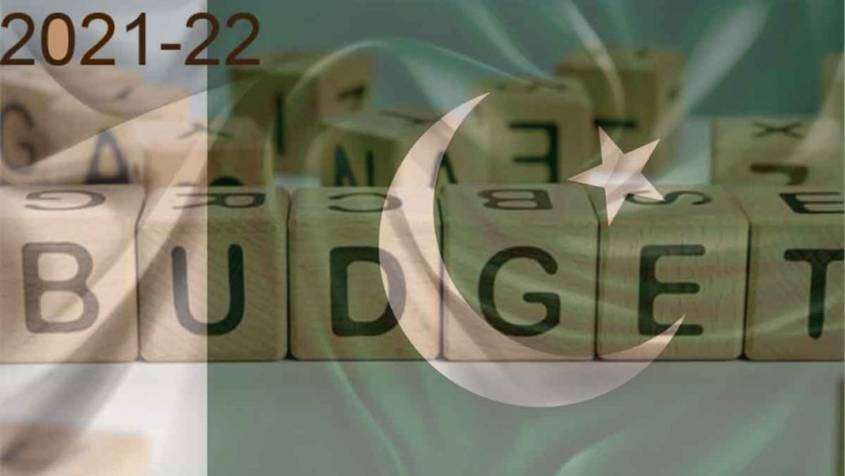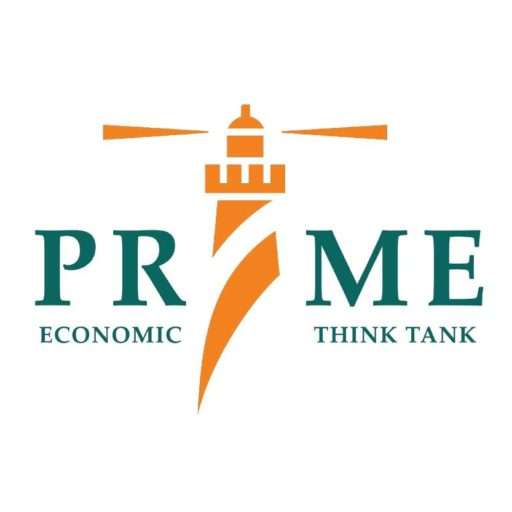
PRIME Institute, Islamabad based independent think tank has released its commentary on the federal budget 2021-22. According to the report authored by PRIME research economist Beenish Javed, the budget is both pro-growth and inflation prone. The key messages of the report are:
• The federal budget strategy for FY22 is pro-growth and spending-led.
• Customs and Federal Excise Duties have been reduced to facilitate the industry and
exports.
• The new budget entails reduction in existing indirect taxes with no new direct tax on salaried class and businesses.
• Gains from higher growth rate can be wasted in the case of increased food inflation.
• If international oil price does not come down, a possible hike in petroleum levy is likely to result in cost-push domestic inflation.
• The budget FY22 entails increase in power subsidies but not food subsidies.
• Fiscal prudence in the case of Public Sector Enterprises (PSEs) and commitment to privatization is appreciable.
PRIME since 2013, has been advocating for reduction of tax rate, lowering import tariffs and reducing wasteful expenditures. The lowering of customs duties and tariffs on a wide range of raw material imports as well as announcing of zero duty regime on IT products is certainly a great news.
Commenting on the budget, PRIME Executive Director Ali Salman said that “the government has presented a pro-growth budget by tax cuts and demonstrating fiscal prudence, though some of the additional indirect taxes on key commodities will backfire.” He also said that the budget sanctity has to be ensured and hoped that no mini-budgets are introduced in the next fiscal year. Ali said that on the whole this budget will be appreciated in the board rooms but may not be welcomed in the kitchens.
PRIME report mentions that Federal government’s commitment to improved recoveries from state-owned enterprises as well as higher targets from privatization proceeds is appreciable. This is high time that the government delivers on its promises of turning around loss-making public sector enterprises.
The report says that contrary to the claims of being a pro-poor budget, ambiguity remains as to how this budget will reduce food inflation in the upcoming fiscal year. Under the federal budget FY22, government has proposed to increase the turnover tax on wheat from 0.25 percent to 1.25 percent, while the sales tax on flour bran is set to enhance from 7 percent to 17 percent. Moreover, Rs. 7 billion would also be collected from sales tax on sugar. Since both are essential commodities, increase in their prices is likely to worsen food inflation. Direct and indirect cash transfers to low-income group is a short-term solution for mitigating the effects of food inflation and other socio-economic issues, which this budget entails. However, a long-term and a more sustainable approach calls for increasing real incomes, employment opportunities, human capital development and sustaining economic growth in order to achieve a definite improvement in socio-economic indicators.
Please click on the pdf below to read the full report.


